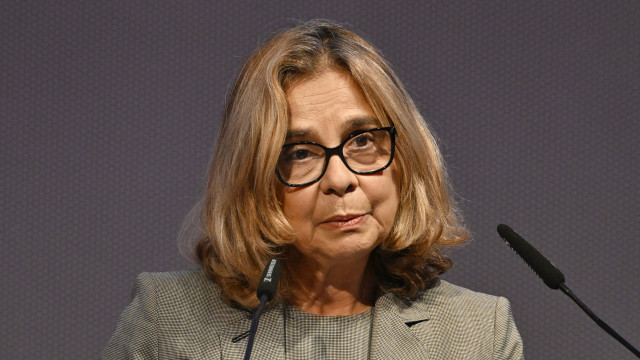
A proposal by the Livre party to establish a parliamentary committee of inquiry into the preparation, readiness, and planning for large-scale crises and emergencies following the April 28 power outage was discussed in the plenary today and is expected to be rejected on Friday.
This initiative from Livre will face opposition from PSD, Chega, and CDS, with abstentions from at least PS and PAN, while the Liberal Initiative also distanced itself from the parliamentary inquiry option.
In his opening remarks in the plenary debate, Livre deputy Jorge Pinto mentioned that Portugal experienced the largest power outage in its history, with economic losses that might have reached one billion euros.
Jorge Pinto emphasized that Livre does not intend to assign blame but seeks to understand what went wrong to prevent future occurrences and ensure the country is better prepared to respond to extreme events, natural disasters, or terrorist attacks.
The Livre deputy also noted that the President of the Assembly of the Republic, José Pedro Aguiar-Branco, was unable to contact parliamentary groups during the blackout.
Livre’s position was supported by JPP deputy Filipe Sousa, while PCP, represented by Alfredo Maia, and Mariana Mortágua from Bloco de Esquerda linked the incident to the weakness of public power and the dominance of private interests in the energy sector. Alfredo Maia described it as a “surrender” of political power to private interests.
In response, PSD deputy Paulo Moniz, along with CDS parliamentary leader Paulo Núncio, deemed Livre’s proposal “untimely” and indicated that the Environment Minister will present substantive measures on July 28.
Paulo Moniz stated that these measures aim to enhance Portugal’s autonomous capacity for restoring electrical energy, improve international interconnections, increase resilience at critical points, promote a greater culture of civil protection, and perfect disruption detection solutions through artificial intelligence.
PS, through deputy Pedro Vaz, distanced itself from the idea of establishing a parliamentary inquiry and emphasized the creation of a working group on the causes of the outage within the environment committee.
Pedro Vaz also accused the government of employing a strategy of “opacity” by not responding to questions formally posed by the Socialist caucus, a notion dismissed by PSD parliamentary leader Hugo Soares.
From the Liberal Initiative, deputy Jorge Teixeira acknowledged the severity of the blackout, particularly as it affected SIRESP, hospitals, and the telecommunications system, but believed the debate should first occur within parliamentary committees.
“If no clarifications are provided, then we admit a committee of inquiry,” he stated.
Chega deputies Pedro Frazão and Rita Matias strongly opposed Livre’s initiative, arguing that it aims to “whitewash PS’s responsibilities” regarding energy policy.
Pedro Frazão, echoing Rita Matias, accused socialist governments of bowing to Brussels’ interests, stating that “those who kneel to green energy end up in the dark.”
Pedro Frazão even associated Livre with “climate terrorists,” labeling the proposal for a parliamentary inquiry a “farce” in a country that “knelt” before climate dogmas. Prior to this, Mariana Mortágua warned against the discourse of the nuclear and fossil fuel lobby.




